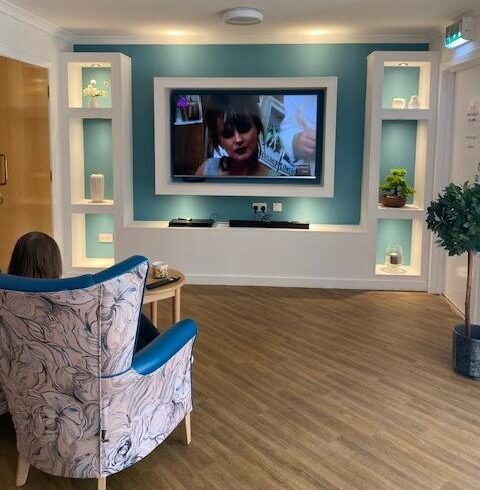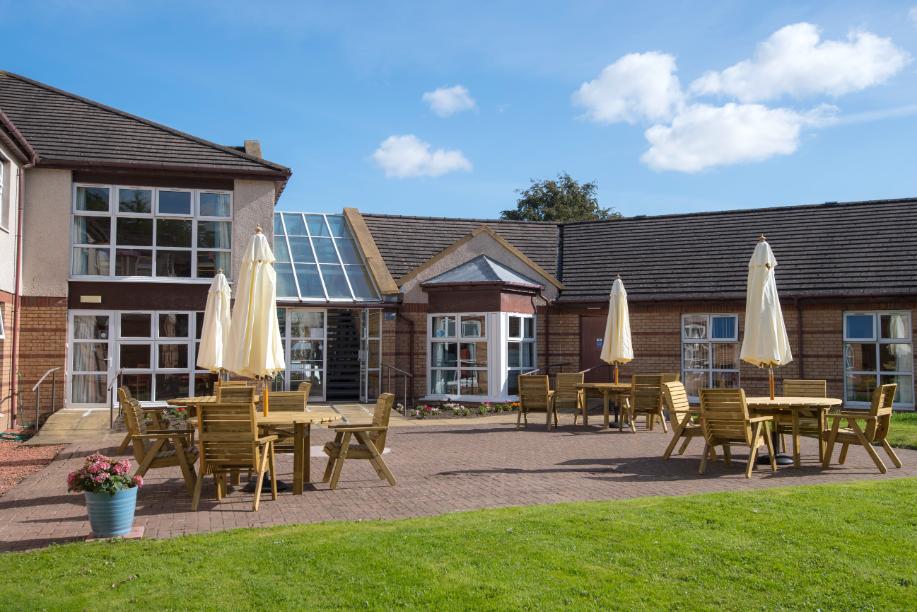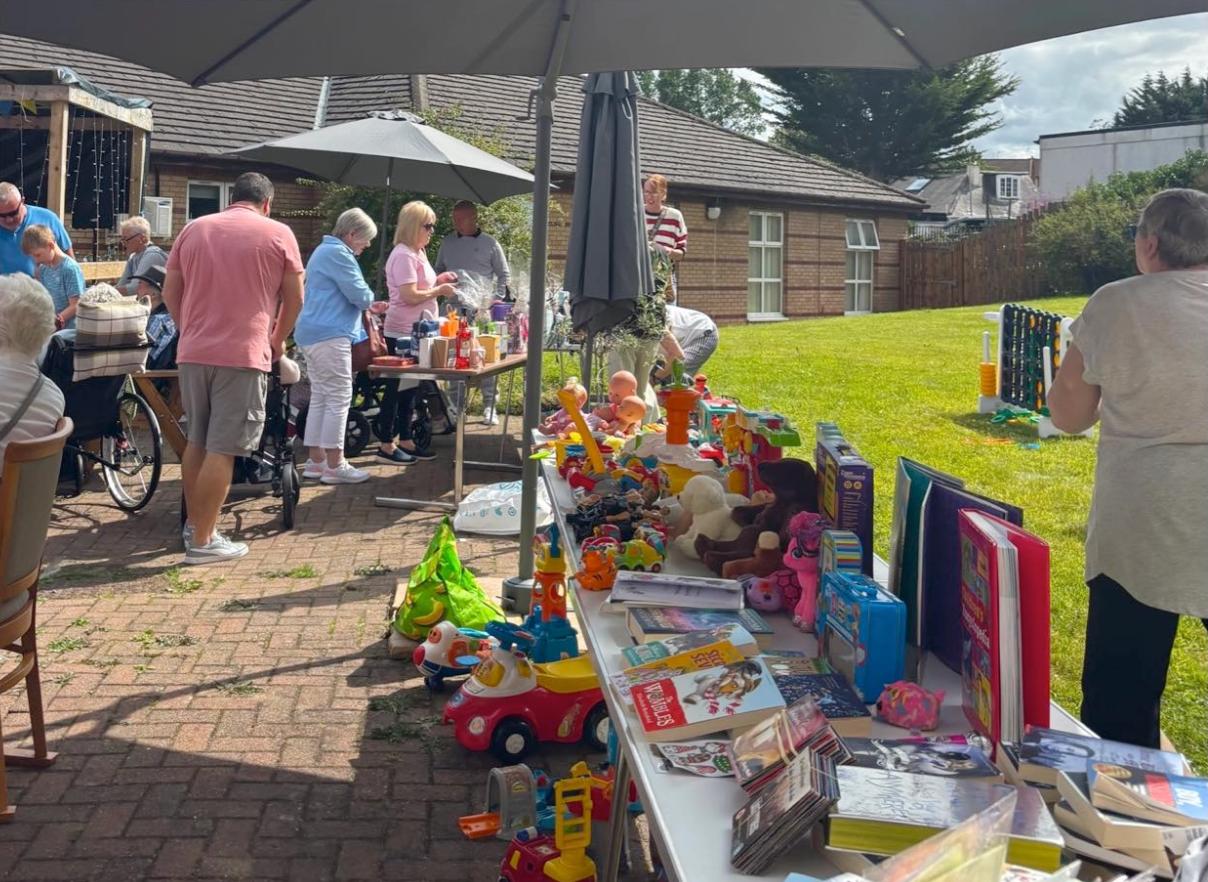Understanding A Holistic Approach To Care

Supporting elderly residents requires more than just medical care; it involves addressing the many aspects of life that contribute to overall wellbeing. At Gilmerton Care Home, a holistic approach means seeing residents as whole individuals rather than focusing solely on physical health or medical conditions. This approach recognises that true wellbeing encompasses mental, emotional, social, and spiritual health alongside physical needs. By creating an environment that nurtures all these facets of life, care homes like Gilmerton help residents feel valued, supported, and understood, which is essential for better health outcomes and a higher quality of life.
Key Factors In Residents Wellbeing
Several interconnected factors contribute to the overall wellbeing of residents and this is something that is delivered at Gilmerton. Physical health is supported by addressing mobility challenges, encouraging regular exercise, and providing appropriate medical care. Mental health is prioritised by recognising the importance of emotional support, reducing anxiety, and promoting positive moods. Nutrition is tailored to meet individual dietary needs through balanced, nutritious meals that residents enjoy. Social connections are fostered by encouraging community engagement, family involvement, and social events that provide companionship and a sense of belonging. Spiritual wellbeing is respected by acknowledging individual beliefs and offering access to spiritual care or quiet reflection. The environment itself plays a vital role by providing spaces that feel homely, safe, and supportive, with access to green areas and activities that enhance quality of life
Personalised Care Plans: The Foundation of Holistic Care
At Gilmerton Care Home, personalised care plans are the cornerstone of providing holistic, person-centred care. Each resident’s unique needs, preferences, and experiences are carefully considered through open, inclusive conversations involving residents, their families, and care teams. This approach fosters a sense of control and dignity. Personalised care ensures medical treatments are tailored, mobility and dietary needs are met, and meaningful activities such as tai chi, animal-assisted therapy, and group social events are available. Respect for spiritual beliefs is incorporated by providing access to religious services or quiet spaces for contemplation. This customised care fosters independence while ensuring safety, creating balanced wellbeing
Supporting Physical Health Through Activity and Nutrition
Maintaining physical health is essential for mobility and overall wellbeing in later life. Regular exercise improves circulation, brain function, and reduces anxiety while uplifting mood. Gilmerton encourages residents to engage in accessible physical activities like gentle stretching, tai chi, and enjoying walks in garden spaces. Nutrition is equally important, with balanced, appetising meals tailored to individuals, supporting immune function and emotional health. This combined focus on movement and nutrition nurtures both body and spirit.
Prioritising Mental & Emotional Wellbeing
Mental health and emotional support are vital components of holistic care at Gilmerton. Addressing loneliness, anxiety, and depression involves attentive listening, daily emotional support, and creating warm spaces conducive to interaction. Social clubs, hobbies, and group events encourage residents to form new friendships and engage actively with others. These practices foster resilience, positivity, and reduce stress, enriching residents’ quality of life.
The Role of Spiritual Care
For many residents, spiritual care provides comfort and meaning that extends beyond physical and emotional needs. Gilmerton respects individual spiritual beliefs by organising religious services, providing private prayer opportunities, and creating spaces for quiet reflection. This spiritual support helps residents find peace and purpose, especially during transitions or palliative care stages.
Animal Assisted Therapy & Green Spaces
Innovative therapies such as animal-assisted activities greatly enhance residents’ wellbeing by reducing anxiety and encouraging social interactions. The companionship and joy animals bring can ease feelings of isolation and foster a sense of purpose. Likewise, access to gardens and green spaces offers restorative calm, improves mood, and encourages gentle physical activity through garden walks or planting. These elements enrich the holistic care experience.

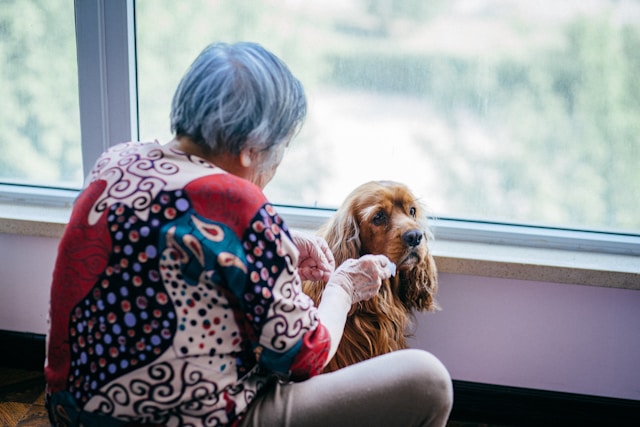
The Importance of Social Health & Community Engagement
Building a strong sense of community within and around the care home is central to social wellbeing. At Gilmerton Care Home, this commitment to community involvement is reflected through a wide range of vibrant, ongoing initiatives designed to foster connection and engagement. Gilmerton actively promotes intergenerational projects that bring together residents and local youth, creating meaningful bonds and opportunities for sharing stories, skills, and experiences. Regular visits from local schools not only entertain but also stimulate residents intellectually and emotionally, offering joyful interactions that brighten daily life. Beyond the care home walls, community outings encourage residents to stay connected with the wider world, whether through trips to cultural events, parks, or cafes, all supported by staff to ensure safety and comfort. Family involvement is also a cornerstone of Gilmerton’s approach, with open communication and inclusive activities that strengthen emotional support networks. These varied and continuous community connections ensure residents feel they belong to a wider social fabric, providing both joy and emotional reassurance that significantly enhances their overall wellbeing and quality of life.
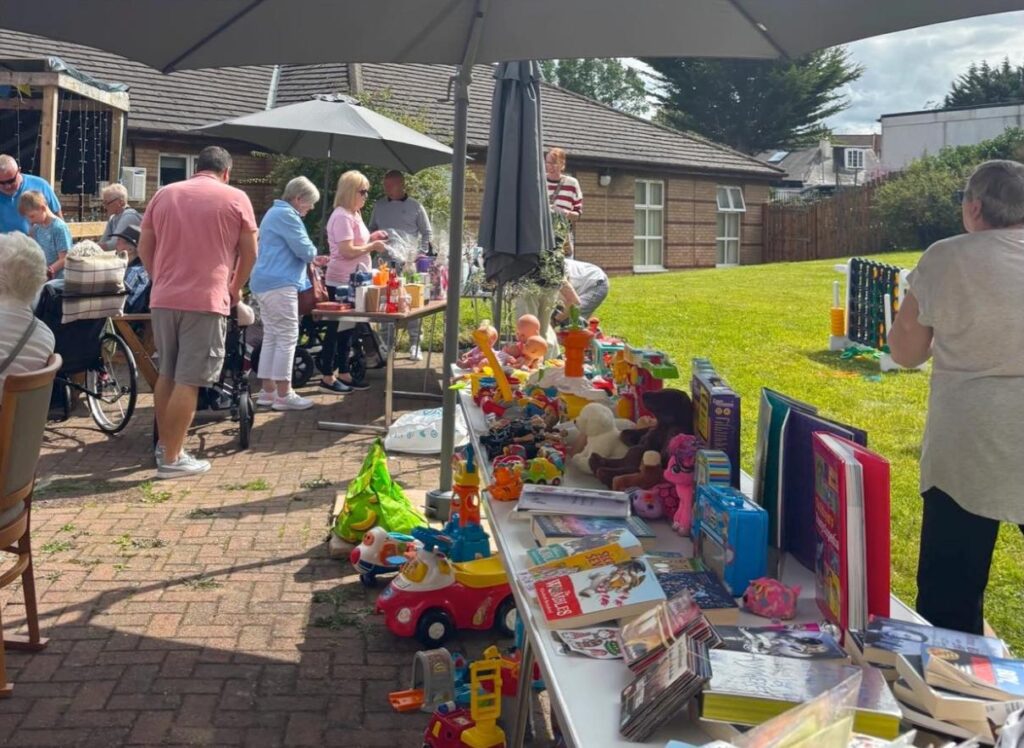

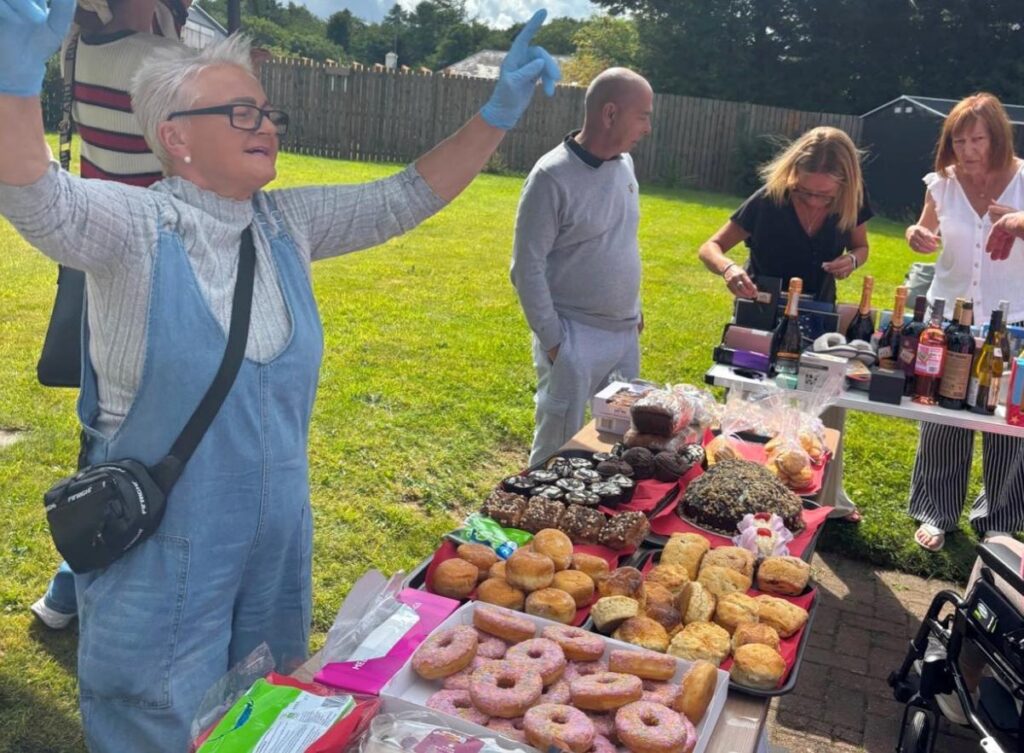
Effective Care Through Routine Monitoring & Support Systems
Routine monitoring of physical health, mental state, and nutrition ensures timely responses to changing needs. Gilmerton’s strong support networks, involving healthcare professionals, therapists, families, and community services, enable comprehensive, responsive care that leads to better outcomes.
Overcoming Challenges In Providing Holistic Care
While delivering holistic care presents challenges like funding limitations and staffing pressures, Gilmerton views these as opportunities for innovation and growth. By focusing on personalised care, flexibility, and resident-centred values, the home maintains a strong and effective holistic care model.
The Vital Importance of Holistic Care In Later Life
A holistic approach to residents’ wellbeing is not an optional extra, it is an essential part of providing effective care that recognises the whole person. By supporting physical health, mental well being, emotional balance, social connections, and spiritual care, Gilmerton Care Home is able to offer comprehensive care that ultimately leads to positive changes in the lives of our residents.
Through personalised care plans, meaningful community engagement, and access to therapies and activities that enrich life, we can ensure that elderly residents experience the dignity, comfort, and happiness they deserve.
Holistic care is about more than just health outcome, it’s about creating a life worth living every day. Ready to see more? Contact us today to find out more about how we can support you or a loved one.



